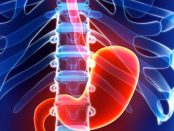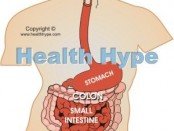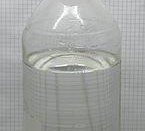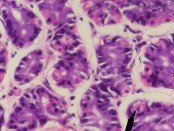Stomach Enzymes List, Names, Functions for Digestion, Problems
The stomach is one of the important organs of digestion. It receives food and beverages that have been swallowed, after being shunted from the throat to the stomach through the esophagus. The stomach has a muscular wall which can crush food into smaller particles (mechanical digestion). The inner lining of the stomach wall >> Read More ...







